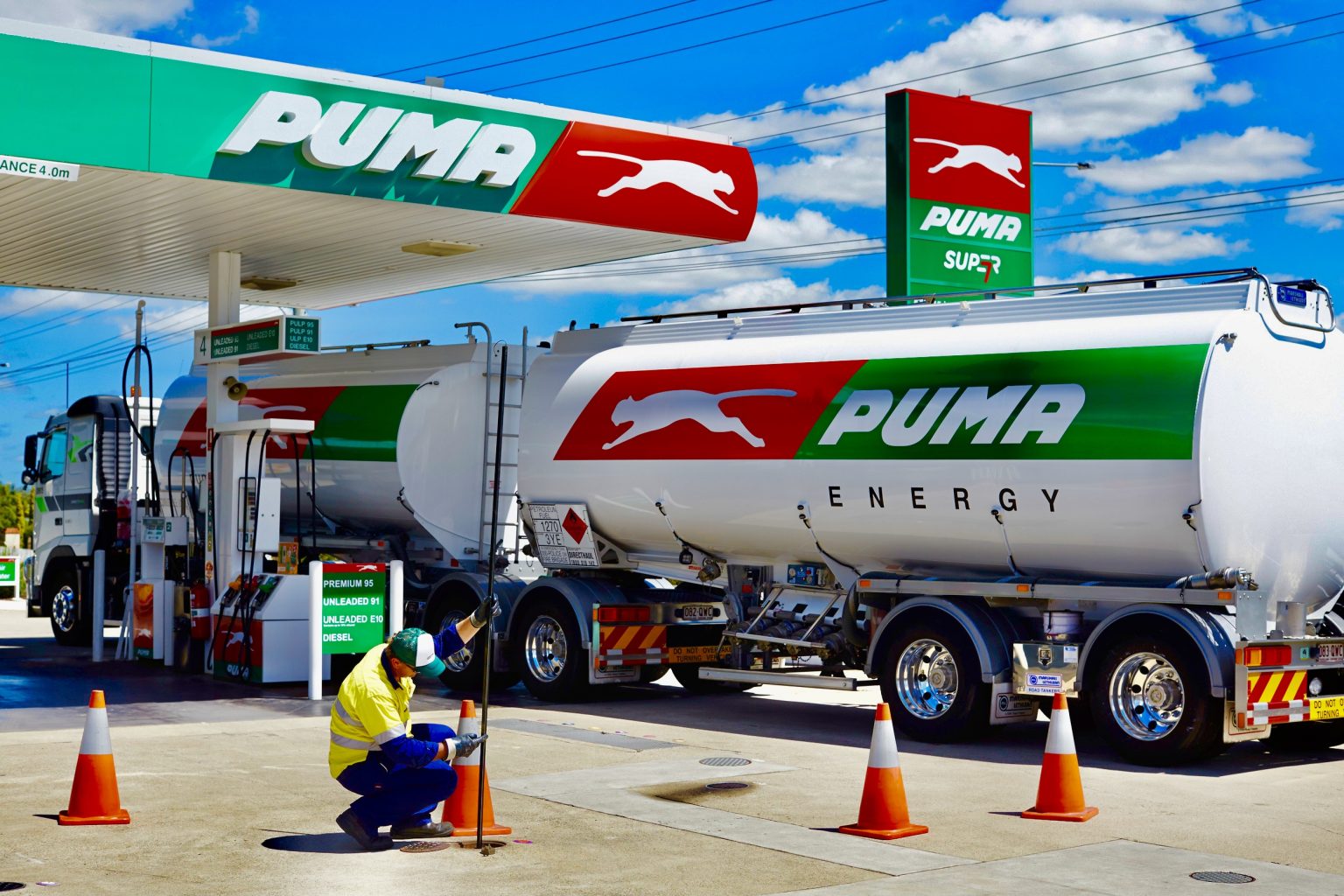The energy markets are currently weighed by an autopsy of geopolitical tension denting supply and a post pandemic recovery scaling demand respectively with the resulting effect being record crude prices close to 2008 highs. After a subsidy extermination as the Zambia’s fiscal authorities reshuffled its fiscal purse to optimize national economic production possibilities, petroleum prices were hiked 25.0% in December of 2021.
According to FY21 audited financials, Lusaka Securities Exchange listed PUMA Energy’s headline earnings rose 25.0% to K5.8 billion (circa. $315.2 million) supported by a 6.0% growth in volumes as the copper producers coppers economy started to claw back pandemic eroded growth. After Tax Profits ebbed 47.0% to K128.2 million. Other financial highlights include a fairly liquid posture as debt to current ratio was 0.73, a current ratio of 1.47 and a 4.0% increase in book value.
READ ALSO: FX liquidity risks and ‘fuel subsidies’ dent PUMA earnings in pandemic year
PUMA’s financials reveal a K106.2 million capital investment in its retail network as the LuSE listed enitity readies forecasted growth in demand post pandemic.
CRUDE BULLS A SHORT TERM OPPORTUNITY, ENVIRONMENTALISM (ESG) SHIFT BIGGEST LONG TERM THREAT
Asides benefitting from a 5.0% corporation tax cut implemented by the MinFin in the 2022 budget, mining induced energy demand growth impetus from the forecast boom as the mines ministry targets 3 million metric tons in the next half a decade, reopening of economies will generally support PUMA’s performance. The current crude price bulls as a consequence of supply shocks and demand pull pressure on oil price in the wake of monthly price revisions by the energy regulator the Energy Regulation Board (ERB) is likely to provide support to revenues.
The key threats PUMA faces in the medium to long term is the capital cost effects of a shift to Environmental Social Governance (ESG) by financial institutions as the world seeks to aggressively decarbonize. Decarbonization is steadily replacing fossil fuel propelled vehicles with lithium battery powered electric cars that will impact PUMAs business model. Global monetary policy tightening is another immediate to medium term threat the petroleum company faces as the dollar strengthens and USD interest rates scale higher.
PUMA will nonetheless not be paying a dividend which for a fossil fuel company could breed concern. Environmentalism will continue to cap growth of the company.
The Kwacha Arbitrageur

